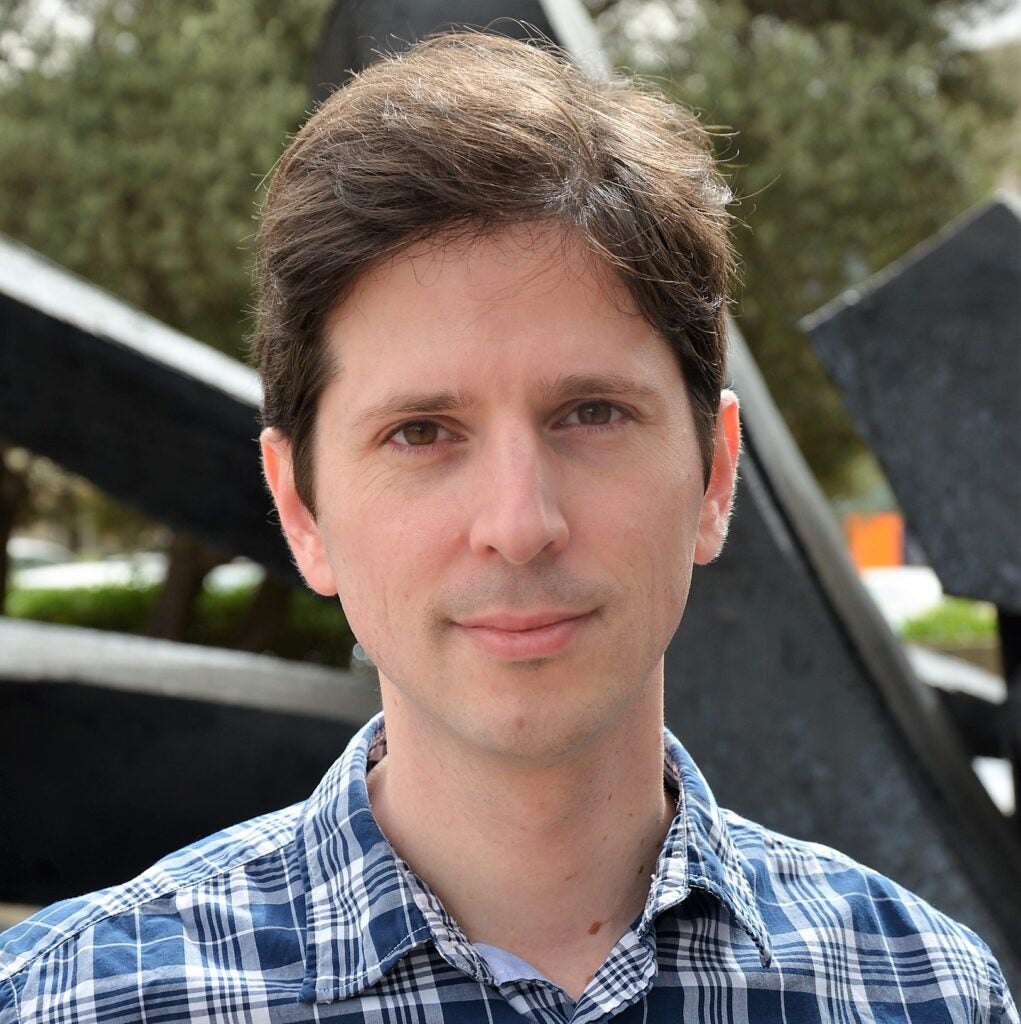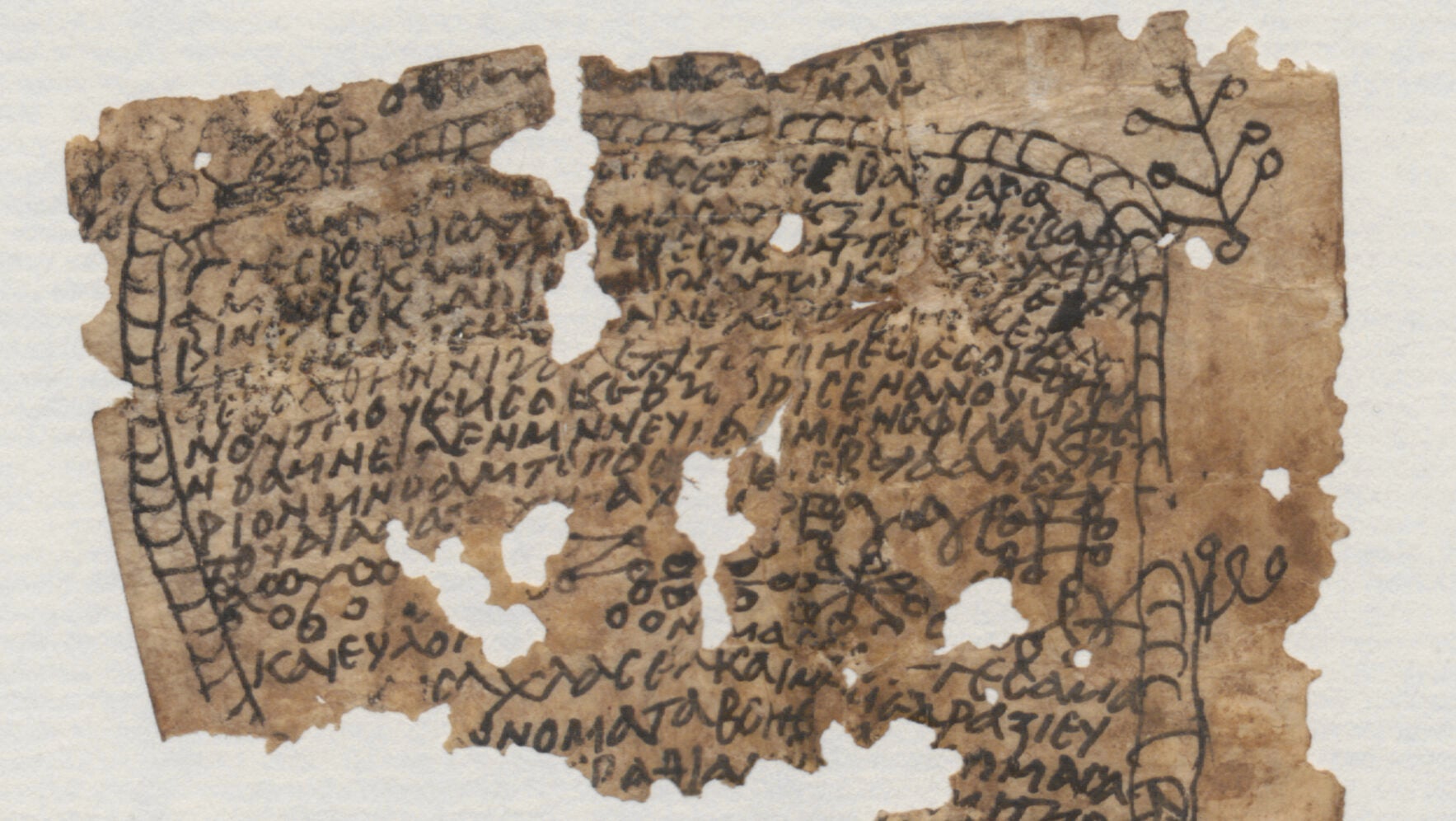Georgetown Linguist Awarded NEH Grant for Digital Coptic Project
June 8, 2023
Posted in News Story | Tagged Grants, Linguistics, Research
Amir Zeldes has been awarded a grant of nearly $350,000 from the National Endowment for the Humanities in support of his project Coptic Scriptorium, a website devoted to Coptic language and literature, together with Caroline T. Schroeder, a professor of women’s and gender studies at the University of Oklahoma.
The project brings together Coptic researchers from around the globe in an interdisciplinary, collaborative effort to further the study of the ancient language. The breadth of the project is supported by the diverse fields of its directors: Zeldes specializes in computational linguistics while Schroeder is an expert in the history of religion, with a focus on Christianity in late antiquity.
“It is 2023 and we all expect any major cultural heritage text to be available online, with study tools and online dictionaries – but for Coptic, we still have a lot of work to do to get there,” said Zeldes, an associate professor in the Department of Linguistics. “This grant will help us to realize that goal.”
Coptic Collaborators

This grant is the sixth from the NEH that Zeldes and Schroeder have received to advance their goal of digitizing, translating and disseminating Coptic texts. Coptic, the first alphabetized language of ancient Egypt, is a direct successor to the language of the hieroglyphs, and is a heritage language for Copts, a Christian minority in Egypt and the diaspora. It is both a crucial language for studying some of the earliest texts of Christianity, and an unparalleled source of information for historical and contact linguistics. Together with Ancient Egyptian, it forms part of the longest continually attested language branch on Earth. Despite this, Coptic has long languished in academia as a lesser-studied ancient language, receiving scant attention in comparison to university standbys Greek and Latin.
Thanks to the Coptic Scriptorium, a vast wealth of ancient Coptic is now available to anyone with an internet connection. Due to the collaborative nature of the project, users can not only access texts, but also sign-up to add annotations, analyses and translations. Perhaps most useful for Coptic researchers is the ability to quickly and effectively search for keywords and patterns in the treasure trove of texts, a previously unthinkable task.
“Coptic is very challenging for the digital humanities because word forms fuse together, spelling varies and searching for anything requires doing analyses that are hard even for state-of-the-art tools,” said Zeldes.
The award is part of some $35.63 million granted by the NEH this year in support of humanities projects.
“These 258 newly funded projects demonstrate the vitality of the humanities across our nation,” said NEH chair Shelly C. Lowe, a citizen of the Navajo Nation, in a press release. “NEH is proud to support exemplary education, preservation, media, research and infrastructure projects that expand resources for Americans, support humanities programs and opportunities for underserved students and communities and deepen our understanding of our history, culture and society.”
-by Hayden Frye (C’17)
Image description: A surviving Coptic fragment, courtesy of the Austrian National Library.
